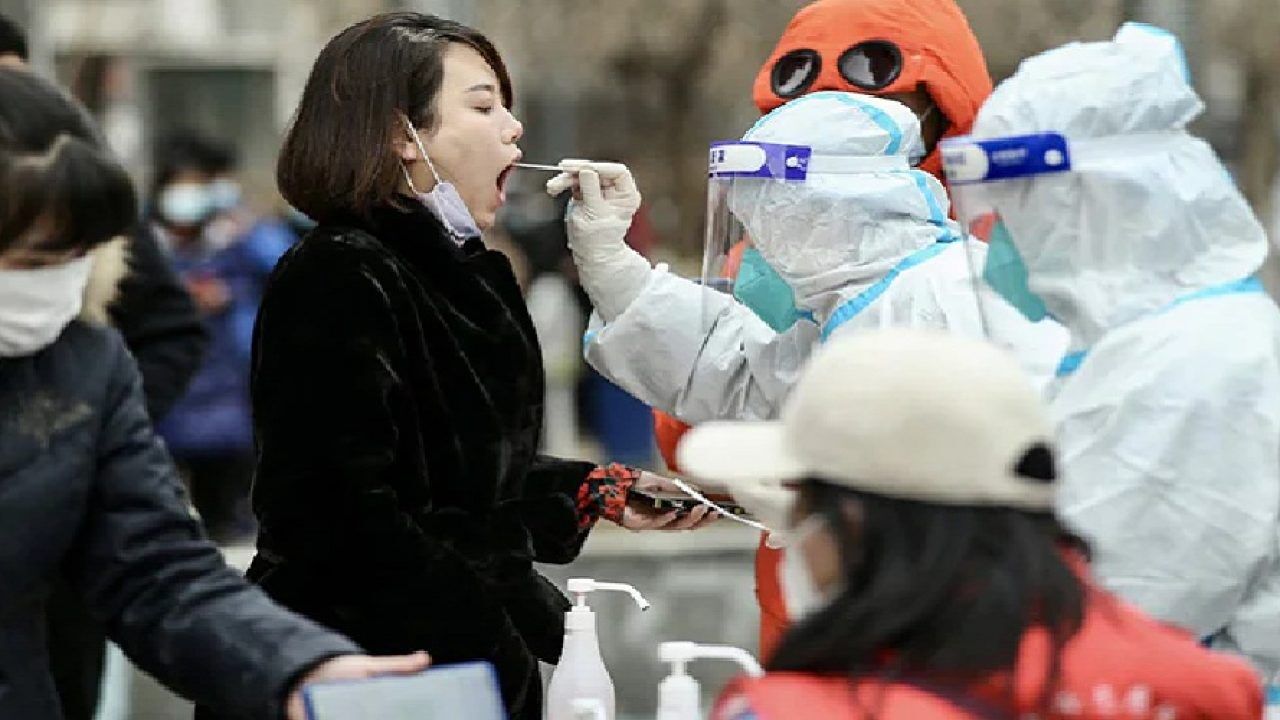Pursue broader solutions

The recent outbreak of the pandemic in a bunch of countries including China and Hong Kong is a cause of concern for the entire world. If countries with very high vaccination percentage are witnessing their shield break wide open against the virus' onslaught, then what about those countries that are going all out to follow the same vaccination trail? There is no doubt that vaccination is playing its part well to keep the severest outcomes of the pandemic at bay but a thick cloud of uncertainty still appears to loom large over the extent of benefits that can be expected at a given cost. Among the countries that are witnessing a steep increase in Covid cases are: China with 85.5 per cent vaccination, Germany 75 per cent and South Korea 88 per cent. While these countries may be very close to the projected target of achieving herd immunity, in reality, they are left puzzled with heavy caseloads. The concept of herd immunity that gained traction nearly hundred years back is being challenged by the unstable, evolving nature of the virus. Empirical evidence thus far shows the effectiveness of herd immunity in case of the stable viruses only. These evidences don't have enough answers against SARS-CoV-2 — the virulence and contagiousness of which is unpredictable. Another worrying facet is the declining evidence of the success of localised 'zero covid' strategy of certain nations. Countries, particularly with very strong Centralised governance, did go the tough route of imposing strict lockdowns initially but despite the heavy costs borne, long-term benefits seem hard to come by. China is one such example. The country has registered lowest growth estimates over the past three decades, and much of that can be attributed to stringent lockdowns. China has, however, reposed full faith in its zero-Covid policy. President Xi Jinping vowed in the Politburo meeting to "prevent Covid-19 being introduced from overseas and causing local transmission". He even went on to say that "those whose dereliction of duty leads to the epidemic getting out of control will be immediately investigated and severely punished." It won't be wrong to expect that China, with the bounty of resources it has, can control the milder Omicron outbreak pretty easily. But the essence of the matter is whether this could be hailed as a success of China's strict zero-Covid policy! More than two years into the pandemic, the world must look beyond the narrowed solutions — though essential — and formulate a long-term strategic framework of cooperation and collaboration in the realm of information and health technology. In the context of India that has just been emerging from the highly contagious Omicron wave, and has been progressing with commendable vaccination campaigns, the Covid response needs to be diversified a bit. Presuming the worst-case scenario in the future, India must start investing in sophisticated monitoring and surveillance infrastructure that can detect and predict forthcoming virus strains. The vitality of such infrastructure should not be discounted at this point in time. Parallelly, a cost-benefit analysis can also be carried out to figure out how the investors can gain from putting in money from such ventures. Humanity must come to terms with the reality that relying solely on massive vaccination campaigns and imposing strict lockdowns in response to an outbreak are insufficient ideas. While everyone desires to get rid of the pandemic, it would be prudent to accept that it will stay with us for some time to come. Moreover, the threat of recurrence of similar pandemics in future can also not be ruled out. The sooner the world wakes up to the fact that only long-term investments in health and technology sectors can save us from the fiasco, the better it will be. Vaccination and lockdown can buy us some time to attract and materialise critical investments but they won't provide absolute protection. If the world is looking forward to embracing the reality of the pandemic, it must be well-equipped.



